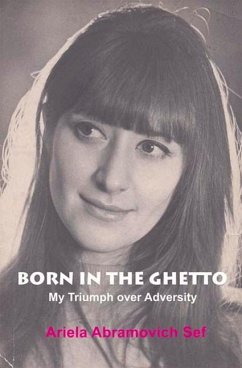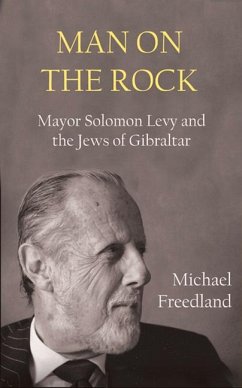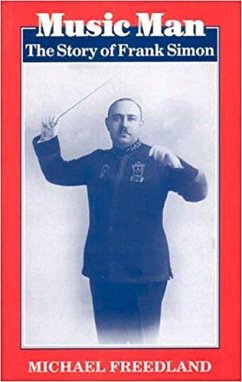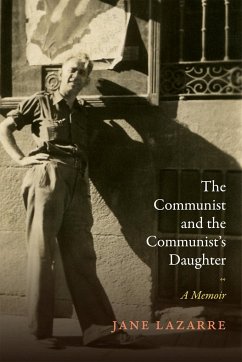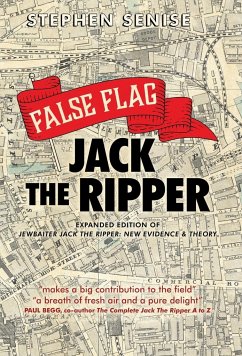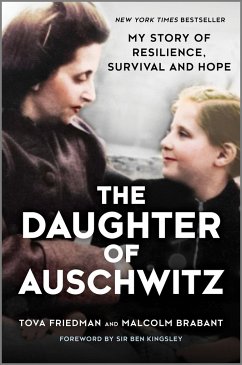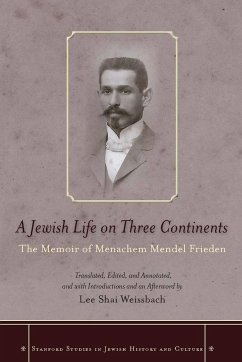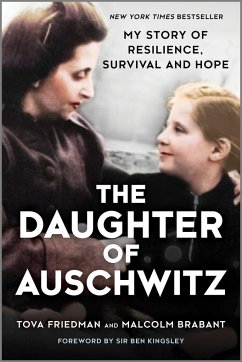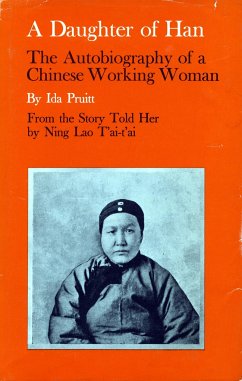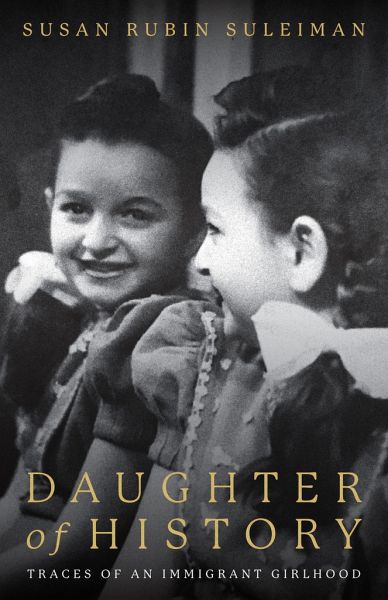
Daughter of History
Traces of an Immigrant Girlhood

PAYBACK Punkte
10 °P sammeln!
"A photograph with faint writing on the back. A traveling chess set. A silver pin. These objects and the memories they evoke are among the threads that scholar and writer Susan Rubin Suleiman uses to weave back together the story of her early life as a Holocaust refugee and American immigrant. In this coming-of-age story that probes the hopes parents have for their children and the inevitability of loss, Susan looks to her own life as a case study of how historical events are always at work in our private lives. As a young girl growing up in a poor Jewish neighborhood in Budapest, Susan learne...
"A photograph with faint writing on the back. A traveling chess set. A silver pin. These objects and the memories they evoke are among the threads that scholar and writer Susan Rubin Suleiman uses to weave back together the story of her early life as a Holocaust refugee and American immigrant. In this coming-of-age story that probes the hopes parents have for their children and the inevitability of loss, Susan looks to her own life as a case study of how historical events are always at work in our private lives. As a young girl growing up in a poor Jewish neighborhood in Budapest, Susan learned to call herself by a new name--the name on the false papers her father had obtained to keep their family safe. When the Nazis marched into Hungary in the spring of 1944, Susan's relatives in northeast Hungary would be among the 450,000 Hungarian Jews deported to Auschwitz, but her immediate family survived undercover in Budapest; later on, they would emigrate to Chicago by way of Vienna, Paris, Haiti and New York. In her adult life as a prominent feminist professor, Susan rarely allowed herself to think about this chapter of her past--but eventually, when she had children of her own, she found herself called back to Budapest, unlocking memories that would change the perspective of her scholarship and the trajectory of her career. In this poignant memoir, Susan returns to her childhood in Budapest and adolescence and young womanhood in the United States, negotiating the expectations of her parents and her own desire to be "truly American." At once an intellectual autobiography and a reflection on the nature of memory, identity, and family, Daughter of History invites us to consider how the objects that underpin our own lives are gateways to the past"--




